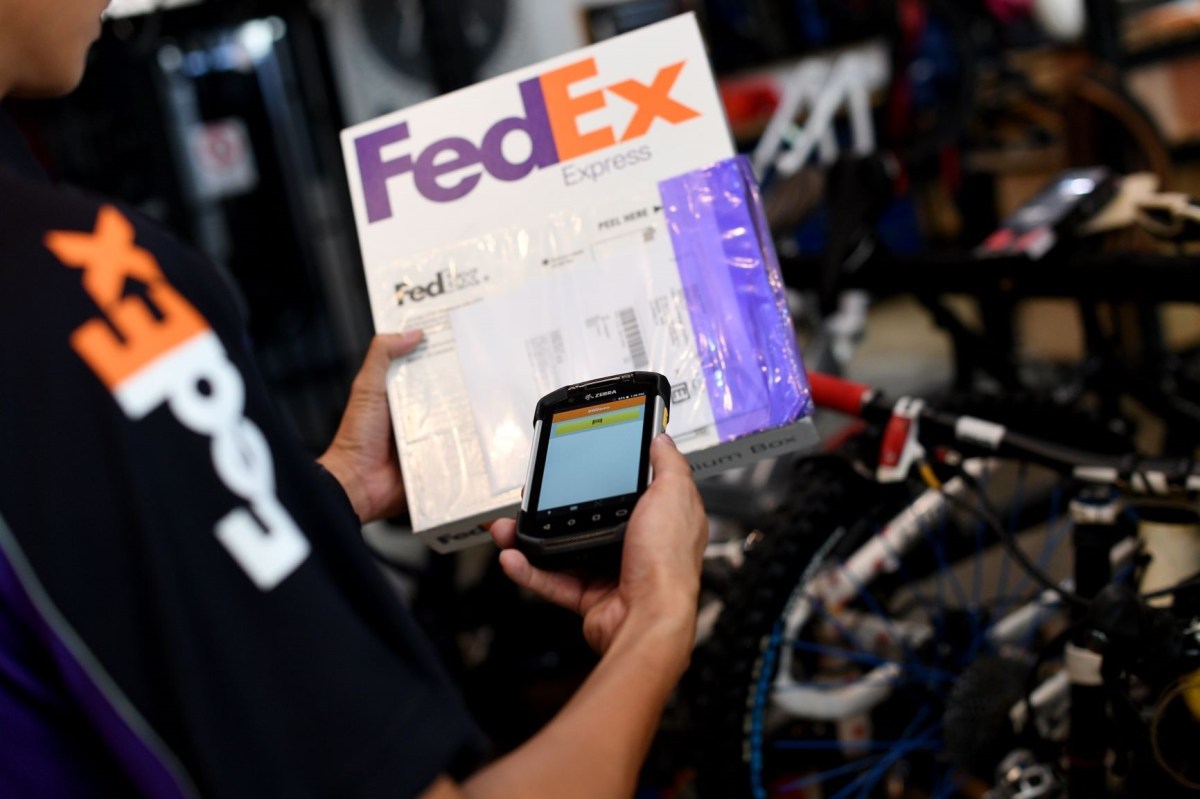FedEx is expecting the 2021 peak season to meet or exceed the unprecedented 2020 holiday season. Supply chain challenges, including ocean freight, are adding to the demand for air cargo capacity as businesses replenish stock levels in time for the holiday season.
In the AMEA region, FedEx has taken steps including workforce additions, facility expansions, network optimisation, and innovative e-commerce solutions to meet the needs of consumers.
FedEx has beefed up its network capacity by adding six new intercontinental flights on high-demand lanes, connecting the Asia Pacific with the United States and Europe. FedEx has also opened a new gateway facility in Clark, the Philippines, to help support the growing e-commerce demand of bulk shipments and large items coming in and out of Asia during the holiday season.
To empower online retailers with instant access to FedEx e-commerce portfolios and affordable shipping solutions without switching platforms or accounts, FedEx launched FedEx Compatible and Alliance program by teaming up with leading e-commerce platforms across the Asia Pacific.
The company also introduced a new time-defined shipping solution – FedEx International Connect Plus (FICP) which combines competitive speed and attractive pricing to address the need for value-for-money international shipping services while ensuring shipments will be delivered within one to five business days within the region.
In anticipation of a growing focus on traceability and increased preference for personalised delivery services, FedEx enhanced its FedEx Delivery Manager which allows customised delivery options, timings, and locations. Online merchants can offer customers the ability to track packages, get alerts with the FedEx Mobile app, and check the status of incoming deliveries and outgoing shipments.
FedEx Corp and the operating companies plan to hire 90,000 new team members in the United States to handle the peak surge.

